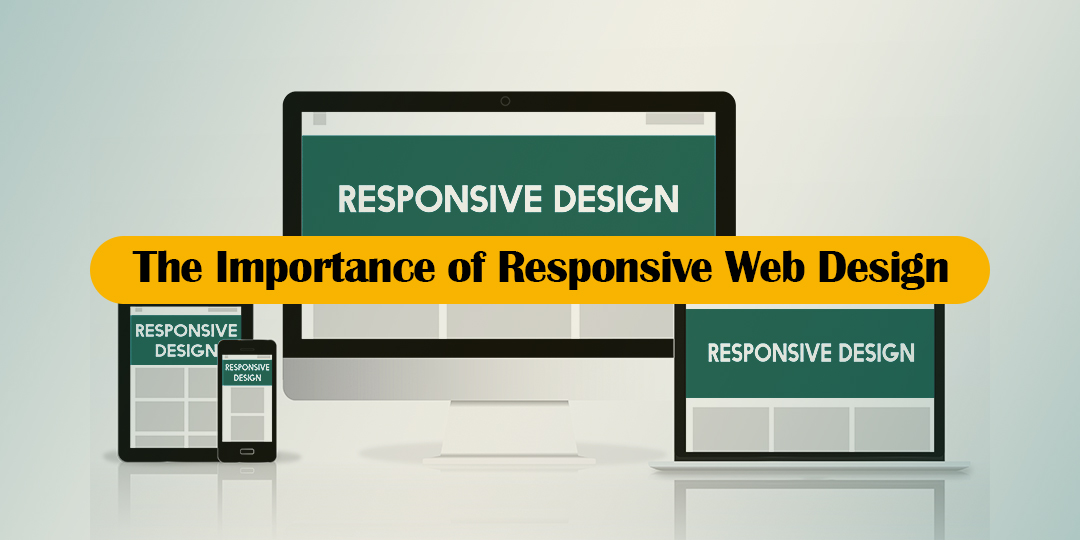The Importance of Responsive Web Design
What is Responsive Web Design?
Responsive web design is an approach to web design that aims to make web pages render well on a variety of devices and window or screen sizes. In other words, responsive websites adapt to the user’s device, whether it’s a desktop computer, laptop, tablet, or smartphone. This adaptability is achieved through a combination of flexible grids and layouts, responsive images, and CSS media queries.
1. Improved User Experience
One of the primary benefits of responsive web design is that it provides a consistent and optimized user experience across all devices. When visitors can easily navigate and interact with your website, they are more likely to stay, explore, and convert into customers. A positive user experience contributes to higher engagement and better conversion rates.
2. Increased Mobile Traffic
The proliferation of smartphones and tablets has significantly increased mobile internet usage. A responsive website ensures that your content is accessible and readable on smaller screens. With more users accessing websites on mobile devices, having a responsive design is essential to reach and connect with a broader audience.
3. Better SEO Performance
Search engines like Google prioritize mobile-friendly websites in their search results. A responsive web design is a crucial factor in achieving better search engine rankings. Google’s mobile-first indexing means that the mobile version of your site is used for indexing and ranking. If your website isn’t mobile-friendly, it may suffer in search engine rankings, affecting your online visibility and traffic.
4. Cost-Efficiency
Maintaining a separate mobile version of your website can be costly and time-consuming. Responsive design eliminates the need for a separate mobile site, as it automatically adjusts to different screen sizes. This streamlines development and maintenance efforts, reducing costs in the long run.
5. Future-Proofing
The digital landscape is continually evolving, with new devices and screen sizes regularly emerging. Responsive web design is future-proof, as it ensures that your website remains accessible and functional on upcoming devices without the need for a complete redesign.
6. Competitive Advantage
A responsive website is a competitive advantage in today’s market. It demonstrates your commitment to providing an excellent online experience for all users, regardless of their chosen device. In contrast, a non-responsive site may deter potential customers and drive them to competitors with more user-friendly websites.
Responsive web design is not merely a trend; it’s a necessity in the digital age. It directly impacts user experience, mobile traffic, search engine rankings, and your overall online success. Whether you’re running a business, a personal blog, or an e-commerce site, prioritizing responsive web design is a strategic decision that ensures your online presence is accessible, adaptable, and poised for success in a rapidly evolving digital landscape. Embrace responsive web design and provide your users with the seamless experience they deserve.

